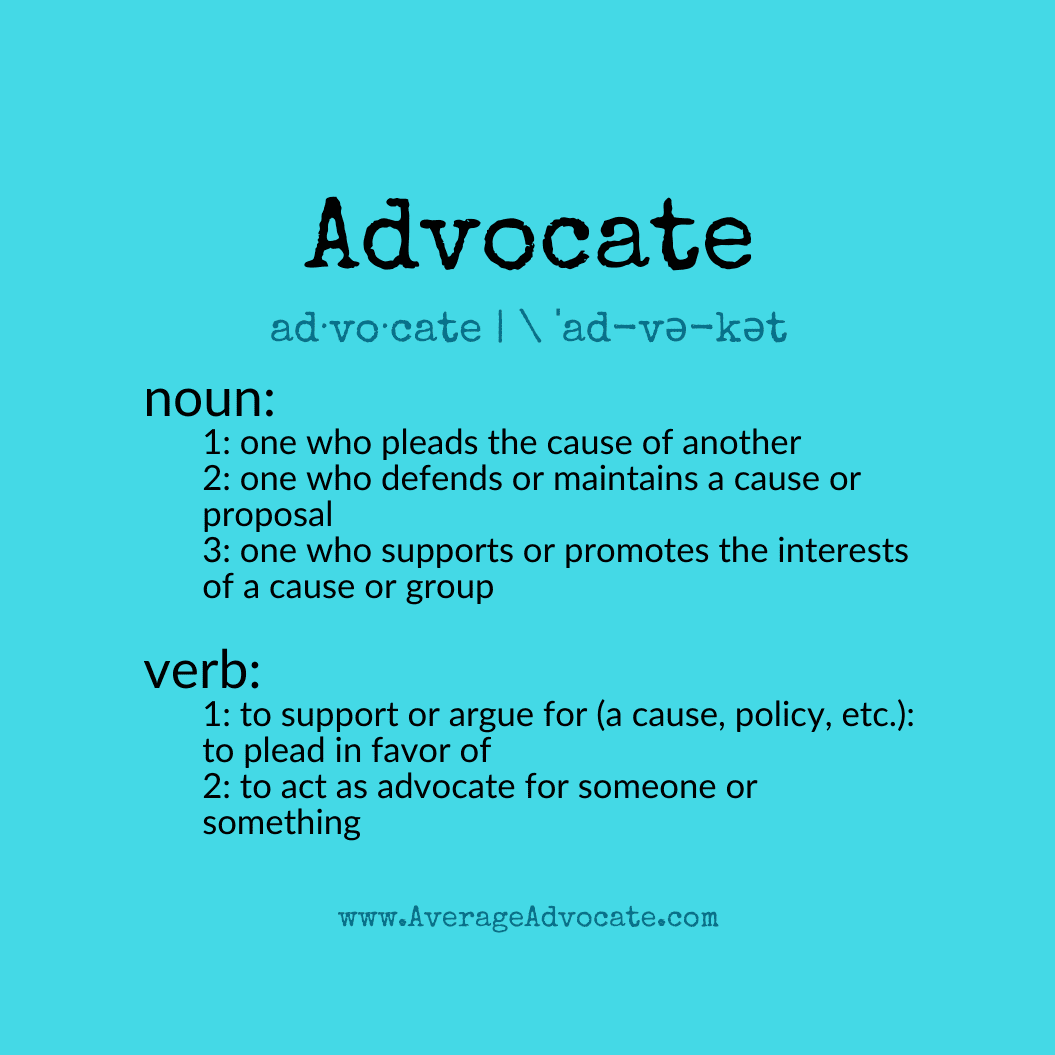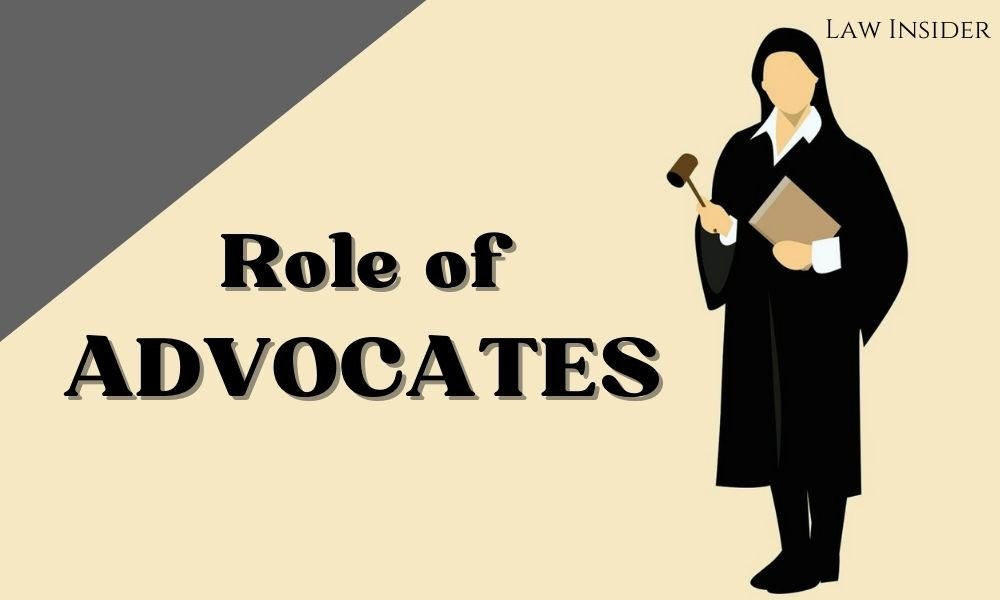Advocate Lane Alerts Legal Settlement - Your Guide
There's a lot of talk lately about how folks get help when things go sideways, especially with legal matters. It's about having someone in your corner, a person who speaks up for you when you might not be able to speak for yourself. This kind of support, often called advocacy, is really important for getting things sorted, and it can even lead to what we call a legal settlement, which is basically a way to make things right without going to court, or sometimes after a court process has started.
When someone steps up to advocate, they are lending their voice, giving assistance to someone who might be struggling, or perhaps feels a bit overwhelmed. This could be for a child, a veteran, or anyone dealing with a difficult situation. They're there to champion your cause, to publicly defend you if you feel unjustly treated or just too weak to speak up on your own behalf. It's a very human role, one that has roots, you know, in the courtroom, where a person adds their voice to yours.
So, when we hear about "advocate lane alerts legal settlement," it's about how being informed and having someone speak for you can clear a path toward resolution. It’s about the information that comes out, the warnings or notices that help people understand their rights or what's happening, which then often leads to agreements that settle disputes. It's a cycle of support, information, and ultimately, finding a way forward for those who need it most, that is really what this is about.
Table of Contents
- What is Advocacy and Why Does It Matter in a Legal Settlement Context?
- How Do Advocates Help with Alerts and Information?
- What Kind of Training Do Advocates Receive for Legal Settlement Situations?
- Can a Volunteer Be an Effective Advocate for Legal Settlement?
What is Advocacy and Why Does It Matter in a Legal Settlement Context?
When we talk about advocacy, we're really talking about speaking or writing in favor of something or someone. It’s about supporting a cause or a person by using arguments and facts. Think of it like this, you know, when someone needs a voice, an advocate steps in. They might urge higher salaries for teachers, or they might support a regional plan for cooperation. It's about giving strength to an idea or a person who needs it, which is pretty important.
In a legal setting, an advocate is someone who stands up for another person's interests, very much like a lawyer does. The word itself, it's almost from Latin, meaning to "add a voice." So, when we consider a legal settlement, having an advocate is often key. They help someone understand their rights, what their options are, and how to get to a fair resolution. This could mean avoiding a long, drawn-out court battle by finding a way to agree outside of court, or it might mean reaching a conclusion once a legal process has begun. The advocate's voice helps ensure that the person they represent is heard and that their best interests are looked after, so, that’s why it matters.
It's about having someone who can argue your point, someone who can explain things clearly and simply. They might not be lawyers themselves, but they understand the process and can guide you. This guidance is particularly useful when you are trying to reach an agreement, a settlement, where both sides find a way to move forward. Without an advocate, someone might miss important details or feel too intimidated to ask for what they need. So, they truly act as a bridge, making sure the person they represent has a fair chance to get a good outcome, that's really what it boils down to.
- What Should Be Room Temperature For Newborn
- Gangsters Daughter
- Or Mash Body
- Rocky River Golf Club At Concord
- Longtab Brewing Company
How Do Advocates Help with Alerts and Information?
Advocates play a big part in sharing information and giving out warnings, or "alerts," about rights and processes. They help people know what's happening and what they can do. For instance, an organization like the Texas Advocacy Project provides education sessions and online talks to a lot of different people, including judges, those who prosecute cases, law enforcement officers, teachers, and even students. They share knowledge about various legal issues and how to deal with them. This is how they create those "alerts"—by making sure people are informed and ready to act.
When we talk about an "advocate lane alerts legal settlement," it means that the information advocates provide can open up a path toward resolving legal issues. They might explain a new rule, or a change in a process, or even a common issue that many people face. This kind of information helps individuals understand their situation better and gives them the confidence to pursue a fair agreement. It's about giving people the tools they need to stand up for themselves, or for their loved ones. They make sure people don't go into these situations without knowing what's what, that is pretty important.
This sharing of knowledge is very important for empowering people. For example, if someone is dealing with a landlord issue, an advocate might provide an alert about tenant rights or how to file a complaint. This knowledge can then lead to a discussion with the landlord and, hopefully, a fair settlement without a big fight. So, it's not just about speaking for someone, but also about teaching them, giving them the heads-up they need to get a good result. They are, in a way, like a community's early warning system for legal issues, helping people avoid bigger problems down the line.
The Role of Advocates in Special Education and Legal Settlement
When it comes to special education, things can get pretty complicated for families. This is where advocates step in, helping families make their way through the process. Organizations like 101 Advocacy, for example, teach families about special education law. They explain what rights a child has and what responsibilities the family carries. This kind of support is vital because it makes sure that children with special needs get the education and support they deserve, and it can often lead to agreements, or settlements, with school districts about services.
An advocate in special education might, for instance, help a family understand an Individualized Education Program, or IEP, meeting. They can point out areas where the school might not be meeting a child's needs, or where the family's rights are not being fully honored. These "advocate lane alerts" about specific educational laws or a child's entitlements can really change the direction of a case. It empowers parents to ask for what's right, and often, this leads to a formal agreement where the school provides the necessary resources or adjustments, that is a big deal for families.
So, an advocate acts as a guide and a protector for these families. They ensure that parents are not alone in trying to figure out a very complex system. They might help prepare for meetings, review documents, or even speak on behalf of the family during discussions. Their aim is to get the best outcome for the child, and sometimes, this means reaching a settlement that outlines specific services or accommodations. It's about making sure that the child's future is well-supported, and that parents feel confident in the decisions being made, which is, you know, very important for everyone involved.
Advocacy for Veterans and Their Care Alerts
Veterans, too, often need someone to speak up for them, especially when it comes to their health care and benefits. Patient advocates, like those at South Texas Veterans Health, are there to help former service members and their families. They help people understand their rights and responsibilities when making decisions about their care. This is a very important service, as the systems for veteran care can be, you know, quite difficult to figure out on your own.
These advocates often provide what we can call "alerts" about available services, new policies, or ways to access care that veterans might not know about. For example, they might inform a veteran about a specific therapy program or a benefit they are eligible for but haven't claimed. These "advocate lane alerts" can be the key to a veteran getting the medical attention or financial support they need, sometimes leading to a resolution or a settlement regarding their benefits or medical treatment. It's about making sure no one is left behind, which is, you know, a very noble goal.
They work to ensure that veterans receive the care and respect they earned through their service. This involves helping with paperwork, making appointments, and even mediating if there are issues with the care provided. Their role is to champion the veteran's best interests, ensuring they get fair treatment and access to all the resources available to them. This kind of support helps veterans and their families feel heard and valued, which is, frankly, a huge part of their well-being, so, it’s a vital service.
What Kind of Training Do Advocates Receive for Legal Settlement Situations?
Becoming an effective advocate, especially in situations that might lead to a legal settlement, requires specific preparation. Advocates are typically required to complete a certain amount of training each year, for instance, 12 hours during each fiscal year. These training sessions cover a wide range of topics that help them understand the laws, the processes, and the best ways to support the people they represent. It's about making sure they have the knowledge and the skills to truly make a difference, that is, quite a bit of work.
These classes and workshops are designed to keep advocates up-to-date on changes in laws and policies that might affect the people they help. They learn how to communicate effectively, how to gather information, and how to present a case in a way that is clear and persuasive. For instance, they might learn about negotiation techniques that are very useful when trying to reach a legal settlement. It's about giving them the tools to speak up strongly and effectively, making sure their voice, and the voice of the person they represent, is heard loud and clear. They need to be ready for anything, so, the training is really important.
The training often includes practical exercises and real-life examples to prepare them for various situations. They might learn about specific types of cases, like those involving child welfare or special education, and how to approach them. This ongoing learning helps advocates feel confident in their role and ensures they can provide the best possible support, which is, you know, what everyone hopes for. It's about building a strong foundation of knowledge and skills, so they can truly champion the cause of those who need their help, that is the main point.
Advocate Training for Child Welfare Alerts
When it comes to children involved in the child welfare system, the need for trained advocates is particularly strong. Our court-appointed special advocates, for example, are volunteers who receive specific training to support these children. They learn how to gather information, how to interact with children who have experienced difficult situations, and how to make informed recommendations to the court. This training is very important for ensuring the child's best interests are truly looked after, that is, a very serious responsibility.
Part of their training involves learning how to spot "alerts" or signs that a child might be in danger or that their needs are not being met. They learn about the laws that protect children and the different paths a case might take. These "advocate lane alerts" help them to speak up effectively in court, or during meetings, to ensure the child's safety and well-being. They might recommend specific living arrangements, educational support, or therapy, all with the goal of reaching a positive outcome, which could include a legal settlement about custody or care.
These advocates are truly champions for children who might not have anyone else speaking for them. Their training helps them understand the complex legal and social systems involved, allowing them to provide a clear, strong voice for the child. They are there to make sure the child's voice is heard, and that decisions are made with the child's long-term well-being at heart. It's a role that requires a lot of dedication and a lot of heart, and the training helps them prepare for that, so, it's a very meaningful kind of work.
Can a Volunteer Be an Effective Advocate for Legal Settlement?
Absolutely, a volunteer can be a very effective advocate, even in situations that involve reaching a legal settlement. Many organizations rely on dedicated volunteers to provide crucial support to individuals and families. These volunteers, like the court-appointed special advocates we talked about, go through extensive training to prepare them for their roles. They are equipped with the knowledge and skills needed to speak up for others, to champion their interests, and to help guide them through often confusing processes. It's about commitment and a willingness to learn, which is, you know, what makes them so good at what they do.
Our volunteers, for instance, advocate for the best interests of a child and make recommendations that are well-thought-out and based on facts. They are trained to gather information, to listen carefully, and to present their findings in a clear way. While they might not be lawyers, their role is to provide a strong, supportive voice for the person they are helping. This support can be very important when trying to reach an agreement, a settlement, because they ensure that the individual's needs and wishes are truly represented. They help bring a human touch to what can sometimes feel like a very cold process, that is really valuable.
The effectiveness of a volunteer advocate often comes from their passion and their focus on the individual's well-being. They are not bogged down by billing hours or other pressures that sometimes come with professional services. Their sole purpose is to help the person they are advocating for. This dedication, combined with their training and the "advocate lane alerts" they can provide about rights or processes, makes them incredibly valuable. They help people feel less alone and more empowered to seek a fair resolution, which is, you know, a wonderful thing to see happen. They truly make a difference in people's lives, so, yes, they can be very effective.
This whole idea of "advocate lane alerts legal settlement" is really about how having someone in your corner, someone who speaks up and shares important information, can clear a path toward a fair agreement. Whether it's a child in the welfare system, a veteran needing care, or a family dealing with special education needs, advocates are there to champion their cause. They provide those crucial "alerts" about rights and options, helping people understand their situation better. This support often leads to legal settlements, which are agreements that resolve issues and help people move forward. It's about empowering individuals with knowledge and a voice, ensuring their best interests are always considered, and finding a way to make things right.

What is an advocate

Advocate Images

Why Advocate? - PTSA